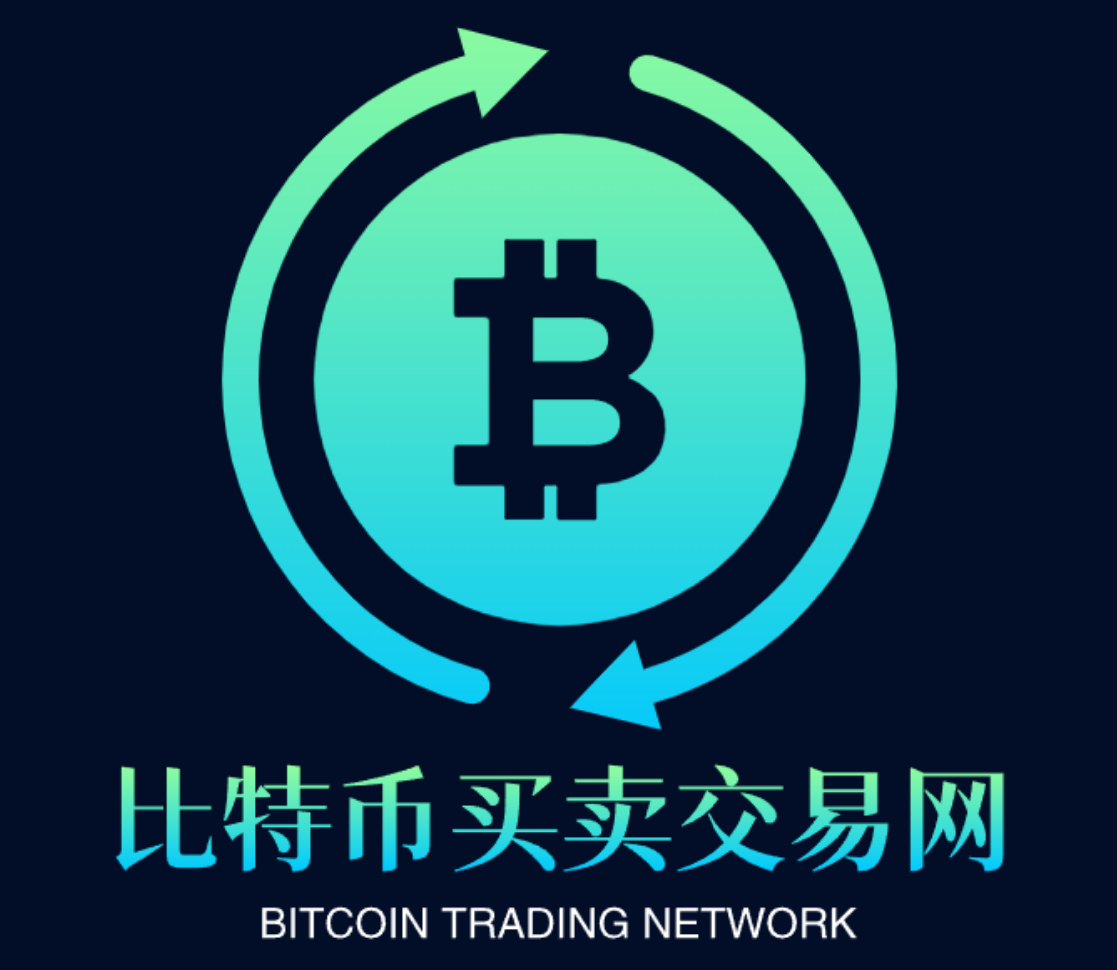DePin 如何重塑运营商经济
作者:humanityprot 编译:Block unicorn
在人们对 Meme 币狂热和加密货币所谓的道德危机的担忧之际,DePin 网络的崛起再一次强有力的确立了加密货币在真实世界实用性的受欢迎度。Messari 在 2023 年创造了“DePin”一词,这是一个新词,但其背后的想法与加密货币本身一样古老。DePin 是去中心化物理基础设施(Decentralized Physical Infrastructure)的缩写,,指的是由协议和代币激励驱动的社区网络,协调硬件资源。
比特币,作为最初的区块链,是典型的 DePin 网络。这是因为它邀请世界上任何人共同贡献计算资源,以确保其分布式账本的安全,并以“数字黄金”作为奖励。这种模式是革命性的,不仅因为它的技术,而且因为它的经济影响。然而,随着加密技术的发展,它经常转向抽象的投机,并经常失去了与其顺利协调物理资源的已证明能力的联系。今天的 DePin 网络更加复杂,提供了一条回到加密货币起源的途径,并承诺通过促进更加公正的经济关系来让加密货币的批评者安静下来。
更好的运营商经济
DePin 网络创建了新的经济模式,改进了现有运营商经济中的模式。运营商经济——更常被称为“零工”或“共享”经济——随着 Uber 和 Airbnb 等公司的出现而兴起,这些公司利用庞大的独立运营商网络来协调并提供有价值的服务,例如网约车和房屋。事实证明,它们依赖私营公司网络来使用众包劳动力和物质资源并取得了巨大的成功,验证了一种能够与更传统的企业对消费者模式竞争的新服务范式,甚至是超越。
这种 Web2 运营商经济对于独角兽企业及其股东来说利润丰厚。然而,对于其他利益相关者来说,情况则不那么积极,例如为网络贡献时间和资源的工人以及看到产品长期价值的早期采用者。与许多大型科技公司一样,运营商经济往往体现了一种榨取逻辑,这种逻辑有利于垄断,创造了不稳定的劳动力,并依赖补贴的风险资本和不可预测的治理,从而导致平台风险。
DePin 通过使其更加民主、经济包容和透明来改善运营商经济。就像其他找到产品市场契合点的区块链应用程序(例如 DeFi)一样,DePin 协议用软件和代码取代了 Web2 运营商网络核心的闲置垄断者和租金索取者。因此,他们能够根据对网络的贡献向参与者重新分配经济价值。以乘车服务协议 Teleport 为例。Teleport 与 Uber 非常相似,只不过它解散了在网约车市场背后的公司。这意味着它可以通过更高的工资和更低的价格将更多价值返还给司机和乘客。
像 Uber 和 Grubhub 这样的公司依赖于一类被剥夺了员工福利且不稳定的零工。相比之下,DePin 络专门设计来奖励将其硬件和时间投入到网络中的网络参与者,通过无许可的智能合约给予代币。这意味着 DePin 网络的每个贡献者都可以成为经济利益相关者,而不仅仅是公司电子表格中的一个输入。更具包容性的资本主义推动了 Web3 运营商经济的发展,不仅对网络贡献者更加公平;它还确保风险回报不仅由少数风险投资公司获得,而且也被花费时间和金钱来发展网络的参与者所获得。让参与者成为所有者对企业也有好处;因为这些最初的所有者将成为网络布道者,并帮助引导下一波用户的成长。
DePin 网络更无需许可的特质也意味着它们降低了进入门槛,吸引了更广泛的参与者,并扩大了地理覆盖范围,使它们成为服务边缘案例的理想选择。在供应方面,它们向所有合格的制造商开放生态系统,确保单一硬件供应商不会成为垄断者,并确保网络以更低的价格提供更好的产品。
最后,DePin 网络的协议驱动性质提供了更多的保护,以防止平台风险和审查。与中心化的不同,代码更难被阻止或审查。这意味着基于 DePin 的硬件服务将更难因政治或其他非法原因而受到干扰。然而,这也可能意味着 DePin 网络将更好地维持跨越法律界限的服务,从而给治理和监管带来挑战。
Depin 的
大多数 Web3 运营商正在越来越多的特定领域磨练自己的技术,这标志着 Web3 运营商经济的成熟。
硬件运营商是 DePin 革命的关键,将实体资产与用户需求相匹配。以 io.net 为例,它将需要人工智能处理能力的公司与 GPU 提供商网络连接起来。Helium 的运作方式类似,将小型蜂窝硬件所有者与需要 5G 连接的用户联系起来。这些例子强调了一个关键趋势。在不断扩张的运营商经济中,硬件成为共享商品,每个参与者都扮演着消费者和提供者的双重角色。
数据运营商将原始数据转化为有价值的资产。他们部署硬件来收集和处理数据,创建用于商业用途的数据集和 API。DIMO 和 Hivemapper 等示例说明了这一趋势,运营商为保险公司收集车辆数据或捕获街道图像以进行实时街道地图绘制。除了单纯的收集之外,这些运营商还经常在将数据包装到可销售的产品中之前对其进行增强。它们在跨网络传输现实世界数据方面也发挥着至关重要的作用,利用物联网传感器不仅可以收集数据,还可以提供服务。
存储运营商构成了 Web3 运营商经济中数据持久性的支柱。Arweave 和 Filecoin 等项目是这一领域的先驱,为文件存储提供去中心化解决方案。它们确保数据不仅被保存,而且可供将来使用。KwilDB 是一个去中心化数据库,其运行原理类似。它为结构化数据提供安全且持久的存储。这些平台至关重要,因为它们保护信息
计算运营商提供基本的处理和通信服务。像 Aethir 这样的项目展示了去中心化云渲染网络的潜力,使开发人员能够构建一系列去中心化的消费者应用程序,并使用户能够利用集体计算能力。同样,Akash 提供了云服务市场,以去中心化替代方案挑战 AWS 和 GCP 等传统提供商。这些平台体现了 DePin 的变革精神,因为它们不仅分散了计算资源的访问,而且实现了民主化。
挑战
由 DePin 提供支持的 Web3 经济面临着许多挑战。首先,DePin 项目必须有效应对现实世界复杂的监管环境。例如,像 Hivemapper 这样的数据收集服务需要兼顾治理、数据管理和安全法规的拼凑,每个服务都有自己的一套严格的合规性要求。同样,5G 网络会遇到各种频谱许可法,这些法在不同司法管辖区之间差异很大。这些障碍会带来巨大的摩擦,从而减缓进展,并需要在创新与合规性之间取得微妙的平衡。
其次,DePin 自身的市场动态可能会给 DePin 项目带来不稳定因素。虽然代币可以快速吸引更多硬件运营商,但这并不能确保用户采用。供应过剩而对最终产品的需求很少会导致不平衡,从而破坏网络的稳定。代币经济机制的设计至关重要;太大的参与激励可能会引发通货膨胀,削弱代币的价值和网络的可信度。如果激励计划太少,那么网络就会承担无法扩展以满足市场需求的风险。
第三,也是最后一点,去中心化虽然是 Web3 精神的基石,但也带来了一系列挑战。集中式服务受益于分层协调和管理,这可以带来卓越的性能。相比之下,去中心化网络可能难以匹配这些治理效率和技术效率。例如,与数据中心的集中能力相比,计算共享的分布式性质可能会导致处理机器学习任务的延迟。如果去中心化系统无法提供可比较的性能,那么它们的成本效益本身可能不足以让用户放弃已建立的中心化服务。
总结
DePin 有潜力释放市场效率并创造更公平的运营商经济。然而,其最终的成功还需要更多的努力和时间,特别是对于那些在高度监管的行业中推出双边市场的项目。假设 DePin 能够解决复杂的监管环境、具有挑战性的代币经济模型和可比较的绩效方面的挑战,那么它的成功可能是革命性的。更重要的是,这将证明即使是最热心的批评者对于 web3 在现实世界中的实用性也是错误的。
At a time when people are worried about currency fanaticism and the so-called moral crisis of cryptocurrency, the rise of the network once again strongly established that the popularity of cryptocurrency in the real world created a word in, which is a new word, but the idea behind it is as old as cryptocurrency itself. It is the abbreviation of decentralized physical infrastructure, which refers to the community network driven by agreements and tokens to coordinate hardware resources. Bitcoin, as the initial blockchain, is a typical network because of it. Inviting anyone in the world to contribute computing resources to ensure the security of its distributed ledger and rewarding it with digital gold is revolutionary not only because of its technology, but also because of its economic impact. However, with the development of encryption technology, it often turns to abstract speculation and often loses contact with its proven ability to coordinate physical resources smoothly. Today's more complex network provides a way to return to the origin of cryptocurrency and promises to promote a more just economic relationship. To calm down the critics of cryptocurrency, a better carrier economic network has created a new economic model and improved the existing one. The carrier economy is more often called odd jobs or sharing economy, which has sprung up with the emergence of companies such as Hehe. These companies use huge independent carrier networks to coordinate and provide valuable services, such as online car rental and housing. It turns out that they rely on private company networks to use crowdsourcing labor and material resources and have achieved great success. A new service paradigm that can compete with the more traditional business-to-consumer model, even beyond this operator economy, is profitable for unicorn enterprises and their shareholders, but less positive for other stakeholders, such as workers who contribute time and resources to the network and early adopters who see the long-term value of products. Like many large technology companies, the operator economy often embodies a kind of squeezing logic, which is beneficial to monopoly and creates unstable labor. Motivated and dependent on subsidized venture capital and unpredictable governance, platform risks are caused. By making it more democratic, economic, inclusive and transparent, the operator's economy is improved. Just like other blockchain applications that find the product market fit point, for example, the agreement replaces idle monopolists and rent seekers at the core of the operator's network with software and code, so they can redistribute economic value to participants according to their contribution to the network. Take the ride service agreement as an example, but it is very similar. Companies scattered behind the online car market means that it can return more value to drivers and passengers through higher wages and lower prices. Compared with companies like this, which rely on a kind of unstable odd jobs deprived of employee benefits, the network is specially designed to reward network participants who put their hardware and time into the network by giving tokens through unlicensed smart contracts, which means that every contributor to the network can become an economic stakeholder, not just company electronics. An input in the table is more inclusive capitalism, which promotes the economic development of operators. It is not only fairer to network contributors, but also ensures that the risk return is not only obtained by a few venture capital companies, but also by participants who spend time and money to develop the network. It is also good for enterprises to make participants owners, because these initial owners will become network evangelists and help guide the growth of the next wave of users. The characteristics of the network without permission also mean that they are reduced. The entry threshold attracts a wider range of participants and expands the geographical coverage, making them an ideal choice for service edge cases. On the supply side, they open the ecosystem to all qualified manufacturers to ensure that a single hardware supplier will not become a monopolist and that the network will provide better products at a lower price. Finally, the protocol-driven nature of the network provides more protection to prevent platform risks and review and centralized different codes, which means that it is more difficult to stop or review the hardware based on. Services will be more difficult to be disturbed by political or other illegal reasons. However, it may also mean that the network will better maintain services that cross legal boundaries, thus posing challenges to governance and supervision. Most operators are honing their own technologies in more and more specific fields, which indicates the maturity of the operator's economy. Hardware operators are the key to the revolution. Matching physical assets with user needs, for example, it will connect companies that need artificial intelligence processing capabilities with provider networks. These examples emphasize a key trend. In the expanding operator economy, hardware becomes a shared commodity. Each participant plays the dual role of consumer and provider. Data operators turn raw data into valuable assets. They deploy hardware to collect and process data, create data sets for commercial use, and so on. Examples illustrate this trend. Operators collect vehicle data for insurance companies or. Capturing street images for real-time street mapping, in addition to simple collection, these operators often enhance data packets before loading them into marketable products. They also play a vital role in transmitting real-world data across networks. Using Internet of Things sensors, not only can data be collected, but also services can be provided. Storage operators have become the backbone of data persistence in the operator economy, and other projects are pioneers in this field, providing decentralization for file storage. Solutions: They ensure that data is not only saved but also available for future use. It is a decentralized database, which operates in a similar way. It provides safe and persistent storage for structured data. These platforms are crucial because they protect information computing operators and provide basic processing and communication services. Projects like this show the potential of decentralized cloud rendering networks, enabling developers to build a series of decentralized consumer applications and enabling users to take advantage of collective computing power. These platforms provide the cloud service market with decentralized alternatives, challenges and other traditional providers, which reflect the spirit of change, because they not only disperse the access of computing resources, but also realize the challenges of democratization. The supporting economy is facing many challenges. First, the project must effectively deal with the complex regulatory environment in the real world, such as data collection services like this, which need to take into account the patchwork of governance, data management and security regulations. Each service has its own set of strict compliance requirements. The same network will encounter various spectrum licensing laws, which are very different in different jurisdictions, and these obstacles will bring huge. 比特币今日价格行情网_okx交易所app_永续合约_比特币怎么买卖交易_虚拟币交易所平台
注册有任何问题请添加 微信:MVIP619 拉你进入群

打开微信扫一扫
添加客服
进入交流群
1.本站遵循行业规范,任何转载的稿件都会明确标注作者和来源;2.本站的原创文章,请转载时务必注明文章作者和来源,不尊重原创的行为我们将追究责任;3.作者投稿可能会经我们编辑修改或补充。



















